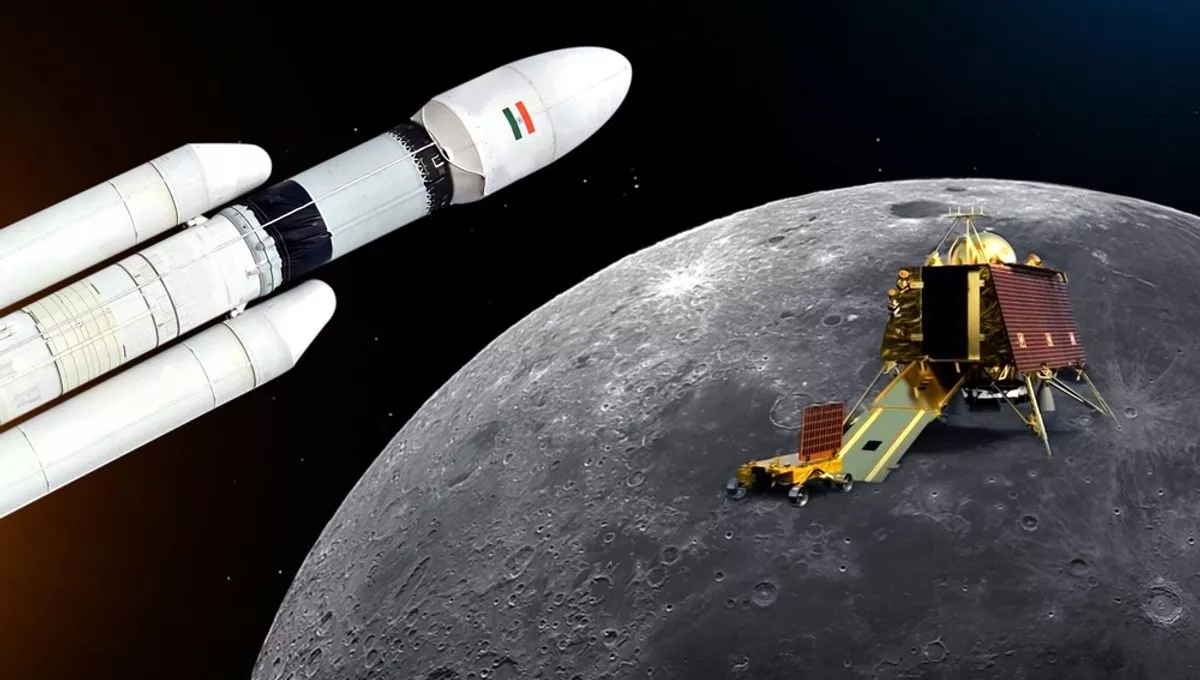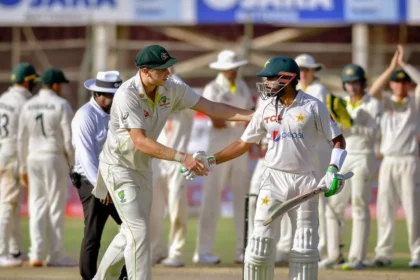As expectancies darken of further contact with India’s Moon rover, the Indian space chief S. Somanath has said he was pleased with the possibility of calling its successful lunar mission to an end.
India started probing the Moon’s surface in August after becoming just the fourth country to land a spacecraft on the celestial body, flaring celebrations in a nation rapidly approaching milestones set by international space authorities.
Rover Pragyan explored the surroundings of the Moon’s south pole but was powered down before the beginning of the lunar night, which stays around two weeks on Earth.
The Indian Space Research Agency had expected to extend the mission by reactivating the solar-powered vehicle once daylight returned to the lunar surface, but so far has been welcomed by radio quietness.
According to the Press Trust of India news agency, ISRO chief S. Somanath told reporters late Wednesday, “It is OK if it does not wake up because the rover has done what it was expected to do.”
ISRO said last week it had expected to reestablish contact with the rover and the lander that safely delivered it. As of now, no signals have been received from them, it added.
The world’s most populated country has been steadily comparing the accomplishments of established spacefaring capabilities at a bit of their cost.
It has a low-budget space program, but one that has increased greatly in size and momentum since first sending an investigation to orbit the Moon in 2008.
Specialists say India can keep costs low by replicating and adapting existing technology, and thanks to a quantity of highly qualified engineers who earn a fraction of their foreign counterparts’ pay.
India became the first Asian country to place an aircraft into orbit around Mars in 2014.




